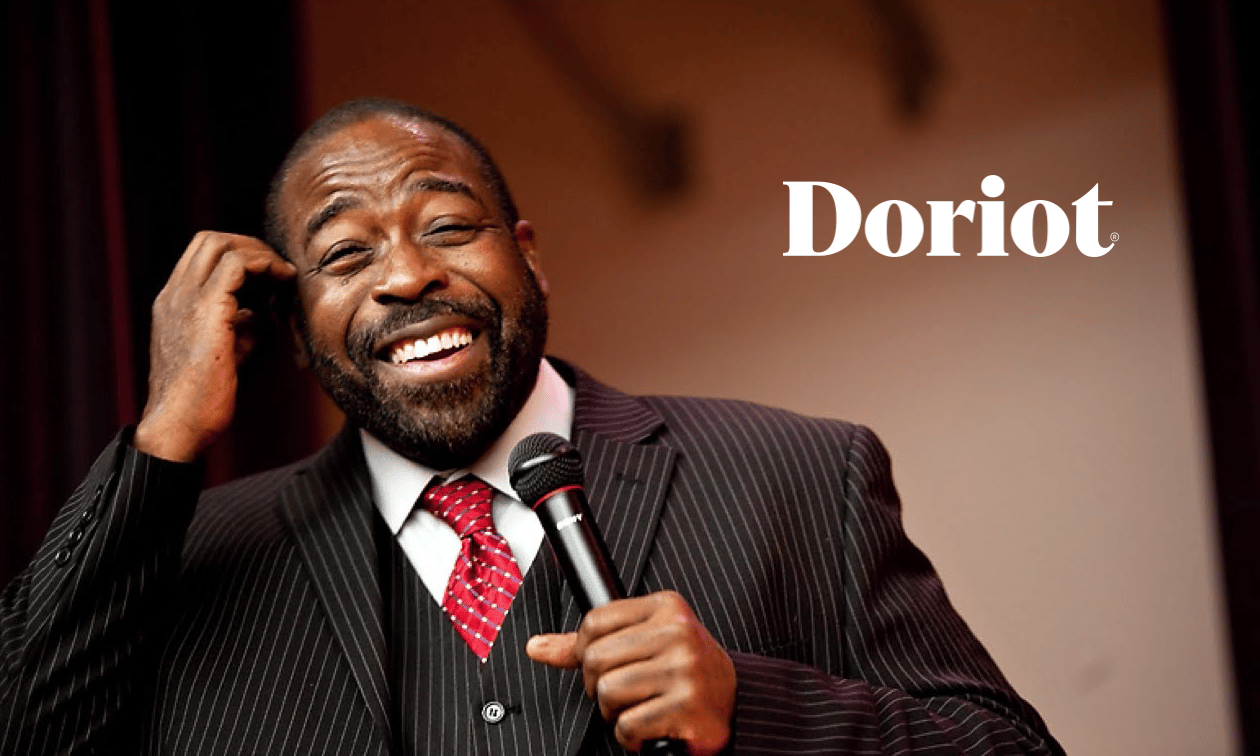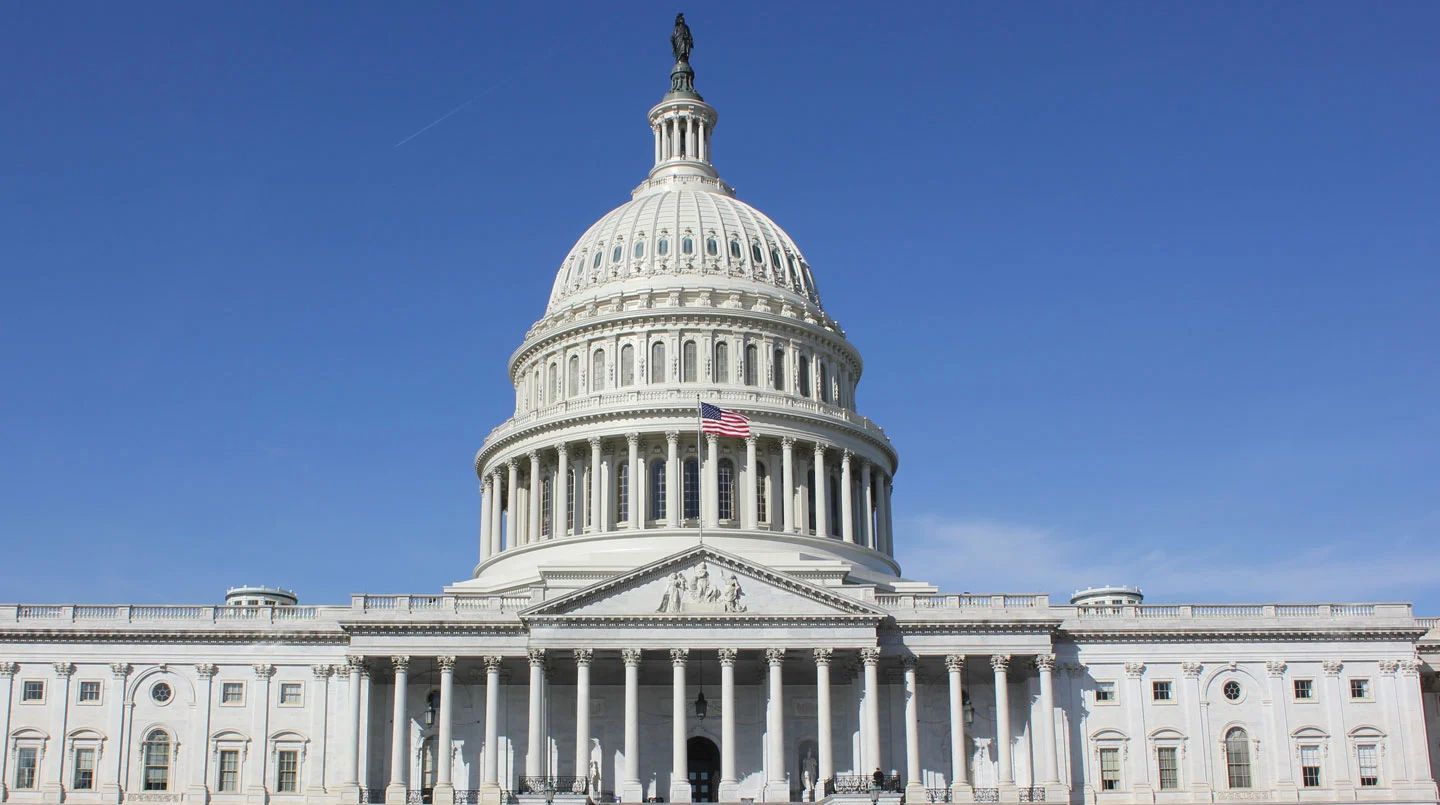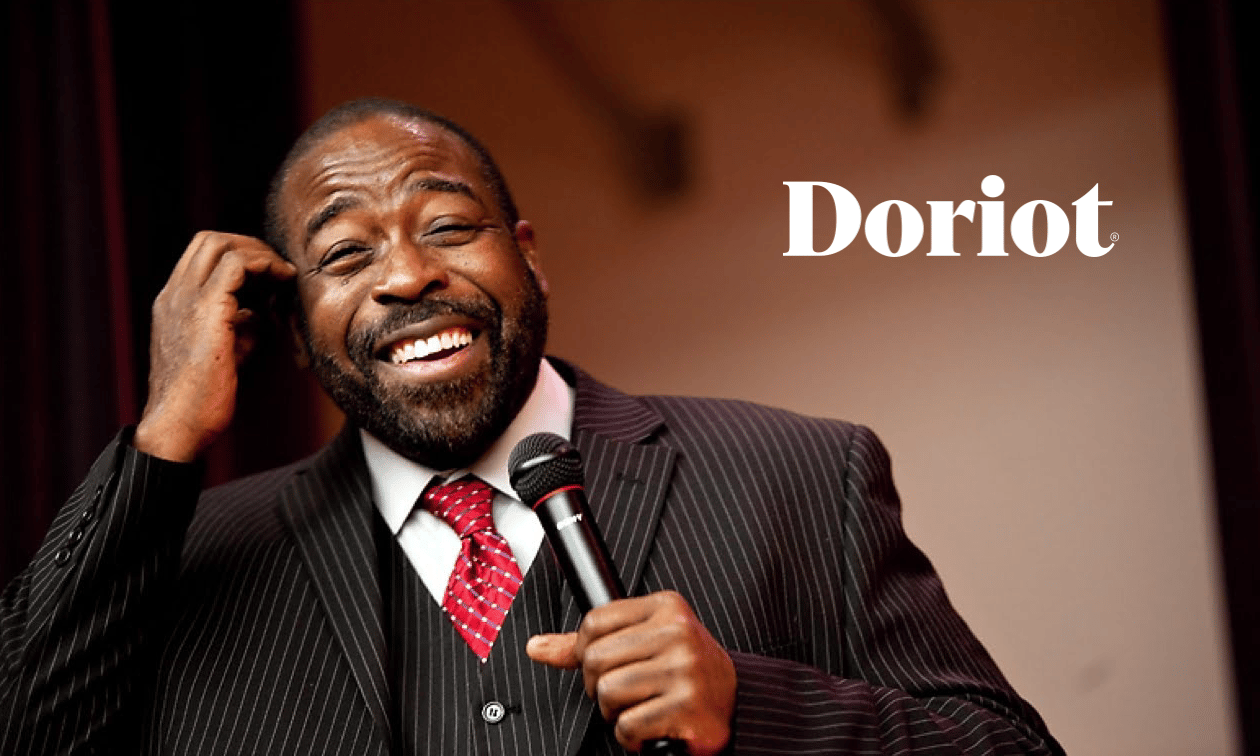- Democratize Venture
- Posts
- Is Private Market Access Really Opening Up? Or Just Changing Hands?
Is Private Market Access Really Opening Up? Or Just Changing Hands?
(And, who's waiting for who?)

Delivered July 25, 2025 @ 5:00pm ET
Weather in Bloomington, IN - Sunny, 330 C / 920 F
Table of Contents
My name is Gerry Hays, Founder & CEO of Doriot® (pronounced “Doe-ree-oh”), a movement to break open the gates of venture and expand innovation and wealth beyond an elite few. Democratize Venture is my platform to explore the venture markets and share the insights, strategies, and frameworks I bring into the classroom. It’s where education meets execution—for anyone ready to play the startup game.

Happening with Doriot this week
VentureStaking® was ranked the #1 Fintech Product of the week on Product Hunt! Check it out here.
We presented VentureStaking® to Regen Earth Studios on Wednesday. You can see the presentation here.
And, next week, we’re closing out the first-ever VentureStaking® round. You are invited to join us as a Doriot VentureStaker® at www.doriot.com
Policy: Is Private Market Access Really Opening Up? Or Just Changing Hands?

Three major pieces of legislation are making their way through Congress right now—bills that, together, could significantly change how private capital markets function in the U.S. These proposals are being pitched as an expansion of economic opportunity—lowering the barriers for everyday investors to participate in private deals traditionally reserved for institutional money or ultra-high-net-worth individuals.
Let’s break down what’s in these bills:
1. H.R.4431 – Improving Capital Allocation for Newcomers Act of 2025
This bill proposes to amend the Investment Company Act of 1940 by:
Increasing the investor limit in private funds from 250 to 2,000 people
Raising the allowable capital per fund from $10 million to $150 million
What it means: SPVs (special purpose vehicles) and venture funds could take on significantly more capital from a broader investor base, without triggering the kind of SEC registration that applies to public offerings.
2. H.R.3339 – Equal Opportunity for All Investors Act of 2025
This would allow any individual to become an accredited investor by passing a “free” SEC-sanctioned exam, rather than meeting income or net worth requirements.
What it means: Millions of people who previously couldn’t legally invest in private offerings could now qualify through a free, knowledge-based test—opening the floodgates for "main street" investors.
3. H.R.4429 – Developing and Empowering our Aspiring Leaders Act of 2025
This bill broadens the legal definition of a venture capital fund to:
Include equity securities acquired through secondary transactions, not just direct investments in startups
Recognize investments in other VC funds as valid VC fund activity
What it means: Funds will have more flexibility to buy and sell private shares second-hand, and to invest in other funds without losing regulatory status.
The Narrative Being sold:
Together, these bills are being pitched as a financial inclusion package—a way to “open up” private markets to people who’ve been shut out. The promise is:
“If you’re smart and engaged—even if you’re not rich—you should be able to invest in high-growth companies before they go public.”
To many, it sounds like long-overdue progress. A democratization of private investing. Access for all.
But Here’s the Cynical (and Probably More Accurate) View:
This isn’t about democratizing capital. It’s about rechanneling it—away from traditional public markets, and into a system where Silicon Valley insiders and financial middlemen maintain control, with even less oversight.
Let’s look at what’s really happening:
Accreditation by exam sounds fair, but in practice it’s a way to expand the pool of non-institutional investors—people with limited experience or power—who can be marketed pre-IPO stock. But, the way it’s being packaged seems like a trivial check box to become accredited versus a way to truly screen and filter for those that are prepared to engage in the private markets.
These “pre-IPO opportunities” are often sold through Secondary SPVs—entities that package previously issued startup shares for resale. But there’s no requirement for transparency. Investors aren’t always told what specific shares they’re buying, whether they're preferred or common, or whether those shares are even transferable.
Valuations are opaque, often based on last-round financing rather than real market dynamics. You might pay a premium for stock that insiders are offloading because they know the company’s next round won’t be so pretty.
Meanwhile, insiders get liquidity—without going public and without facing the accountability of quarterly earnings, public scrutiny, or disclosure rules. They don’t need IPOs anymore because the retail market is being primed to buy in early and hold the bag.
Illiquidity risk is high. You can buy SpaceX stock today in a private SPV, but you can’t sell it tomorrow. To get a 10x return, SpaceX would have to become the most valuable company in the world. That may happen—but it might take a decade. In the meantime, you’re stuck, and they’re cashed out with plenty more equity remaining to maintain control of the company.
In short, it’s being packaged as “access.” But what it really is… is a distribution strategy.
Conclusion: Don’t Confuse Access with Alignment
Yes, it’s time for a more inclusive financial system. But this isn’t it—at least not yet. Real financial inclusion requires transparency, aligned incentives, liquidity options, and education that doesn’t stop at a free exam run by the government.
What’s being built looks a lot like a new funnel for retail capital, one that helps insiders exit quietly while pushing long-term risk onto the public, just earlier in the cycle.
At Doriot, we’re not just offering access. We’re creating a new system of capital—one based on shared risk, shared information, and shared prosperity. We believe in founders and backers growing together, not one group extracting from the other.
Mindset Corner: Who’s waiting for who?

Les Brown, motivational speaker
“The world is waiting for you to wake up to the person you are called to be.”
– Les Brown
Most people wait their entire lives for permission—permission to think differently, to act differently, to build differently. But here’s the uncomfortable truth: if you’re waiting for the world to validate a new idea, you’re already too late.
When I said in a recent presentation, “Who am I to suggest a new system of capital?”—I wasn’t being rhetorical. That’s the central resistance innovators face: the presumption that legitimacy comes before action.
But that’s not how anything truly new gets built.
The real question isn’t whether the world is ready. It’s whether we are bold enough to build systems the world doesn’t yet understand it needs.
We’ve inherited a legacy architecture—capital, education, charity, even risk itself—that was optimized for a different era. It’s not broken because it doesn’t work. It’s broken because it wasn’t designed for the challenges we face now. Or the people we’re trying to serve.
The future will not be built by optimizing legacy systems.
It will be built by people who are willing to restructure the primitives—to go back to first principles:
Capital
Community
Education
Risk
Charity
R&D
These are not sacred. They are modular. And they can be redesigned.
The world doesn't need more incrementalism. It needs individuals willing to walk into the fog—knowing there’s no applause, no clear path, no guaranteed outcome.
And maybe that’s what agency really is.
So ask yourself:
What legacy are you blindly accepting?
What default are you too afraid to question?
And what would you build if no one told you no?
The world isn’t waiting for permission to change.
It’s waiting for people bold enough to build without it.
Wishing you a focused and fulfilling weekend,
– Gerry ([email protected])
Reply